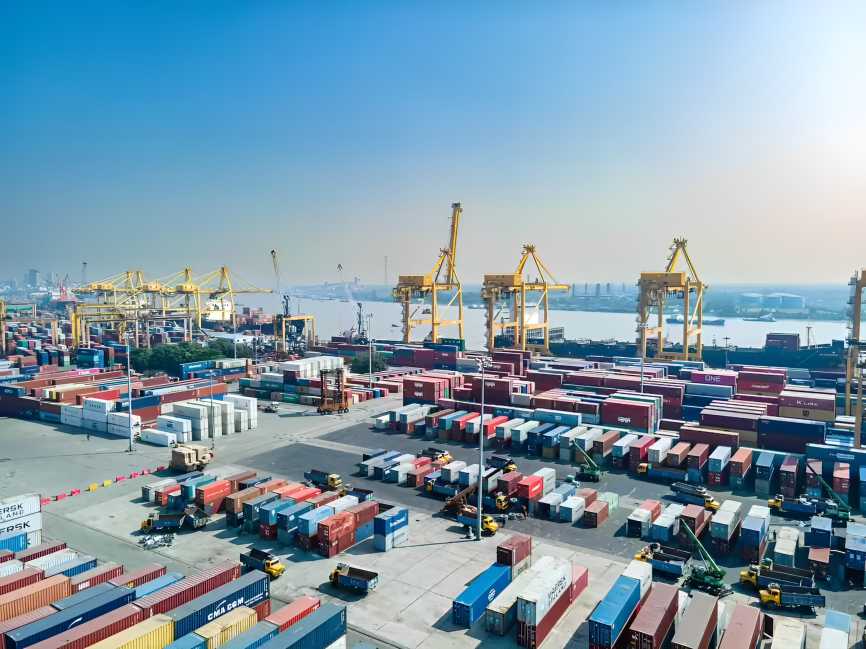July 8, 2025: Global port infrastructure is experiencing remarkable growth, with strategic investments and operational upgrades redefining the maritime logistics landscape. From co-funded initiatives in Europe to extended terminal operations in West Africa and reopened livestock corridors in the United States, these developments are collectively reshaping international trade routes and bolstering supply chain resilience.
In Europe, the European Union has allocated 22 million in co-funding to strengthen port infrastructure in Helsinki, Finland, and Lübeck-Travemünde, Germany. These investments focus not only on enhancing capacity but also on improving intermodal connectivity and cutting carbon emissions—key to meeting the EU Green Deal’s transport objectives. The upgrades aim to ease cargo movement between Scandinavia, the Baltic region, and Central Europe, offering alternative trade corridors beyond the congested Suez Canal.
Meanwhile, in the United States, the Department of Agriculture (USDA) has announced the phased reopening of major southern livestock ports, starting with Douglas, Arizona, on July 7, 2025. This follows over a year of biosecurity monitoring to contain the New World Screwworm threat. The reopening supports livestock trade with Mexico and showcases how environmental and health safeguards are being integrated into cross-border trade policy.
In West Africa, Liberia’s Freeport of Monrovia has launched 24-hour marine operations for the first time, through a partnership between APM Terminals, the National Port Authority, and the Liberia Maritime Authority. The move is expected to reduce vessel turnaround times and attract regional transshipment traffic, boosting economic prospects.
Globally, container shipping remains volatile, with freight rates spiking 88% amid capacity constraints and tariff-related booking surges. Ports like New York and New Jersey are capitalising on rerouted cargo, reinforcing the need for adaptable port strategies. Together, these global developments highlight a shift towards greener, more resilient, and inclusive maritime logistics systems.
Source: Urban Acres





